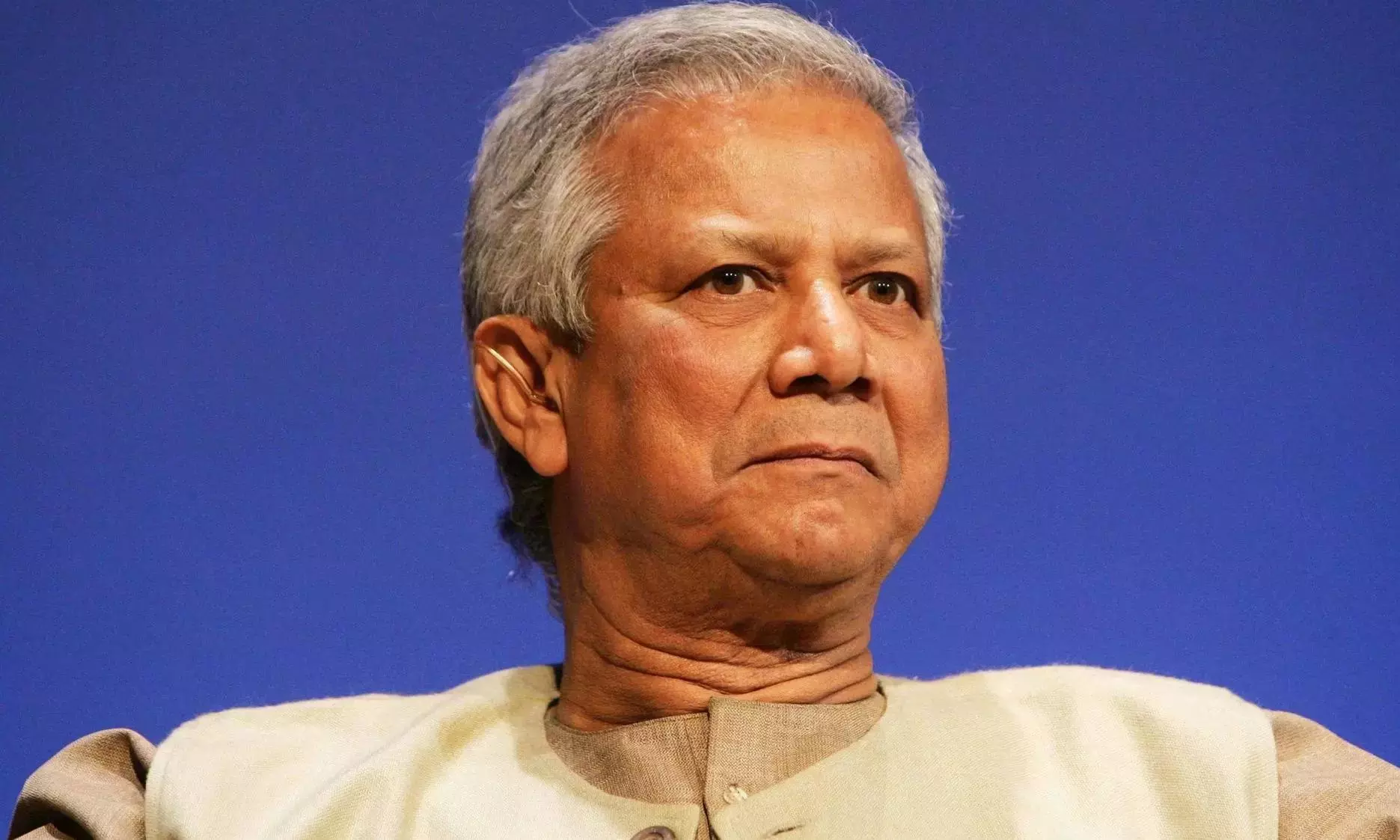
Dhaka: Bangladesh’s interim leader Muhammad Yunus, who heads the caretaker government installed after the August revolution, said on Monday that general elections would be held late next year or early 2026.
Pressure is mounting on Nobel Peace Prize laureate Yunus – appointed the country’s “chief adviser” after a student-led uprising toppled former prime minister Sheikh Hasina – to set a date.
The 84-year-old microfinance pioneer is leading a caretaker administration to tackle the “extremely difficult” challenge of restoring democratic institutions in the South Asian nation of about 170 million people.
“The election date may be fixed at the end of 2025 or the first half of 2026,” he said in a broadcast on state television.
Hasina, 77, fled by helicopter to neighboring India after thousands of protesters stormed the Prime Minister’s palace in Dhaka.
In the weeks leading up to Hasina’s ouster, hundreds of people were killed, most of them by police fire.
Many more died in the hours after his fall in revenge killings against key supporters of his Awami League party.
His government was also accused of politicizing the courts and civil service and holding one-sided elections to undermine democratic checks on his power.
Hasina’s 15-year rule was marked by widespread human rights abuses, including mass detentions and extrajudicial killings of her political opponents.
Voting rights
Yunus has opened commissions to oversee a raft of reforms he says are needed and what political parties agree on to set election dates.
He said, ‘I have emphasized that reforms should be made before organizing elections.
“If the political parties agree to conduct the election on an earlier date with minimal improvements such as creating an innocent voter list, the election can be held by the end of November,” he said.
However, he said that the inclusion of the full list of electoral reforms would delay the election by a few months.
One of the needed reforms is an updated voter roll, a “complex” challenge after years of tumultuous democratic processes, which require first-time voter registration among a rapidly growing youth population as well as removing false names from the rolls, he said.
Yunus said he dreamed of “ensuring 100 percent voter turnout” in the elections.
“If this is achieved, no government will dare to disenfranchise citizens again,” he said.
Bangladesh last held general elections in January when Hasina celebrated a victory – an election condemned as neither free nor fair and thousands of opposition party members arrested following a crackdown after rivals boycotted it.
Former opposition groups such as the Bangladesh Nationalist Party (BNP) are now rebuilding after years of repression under Hasina.